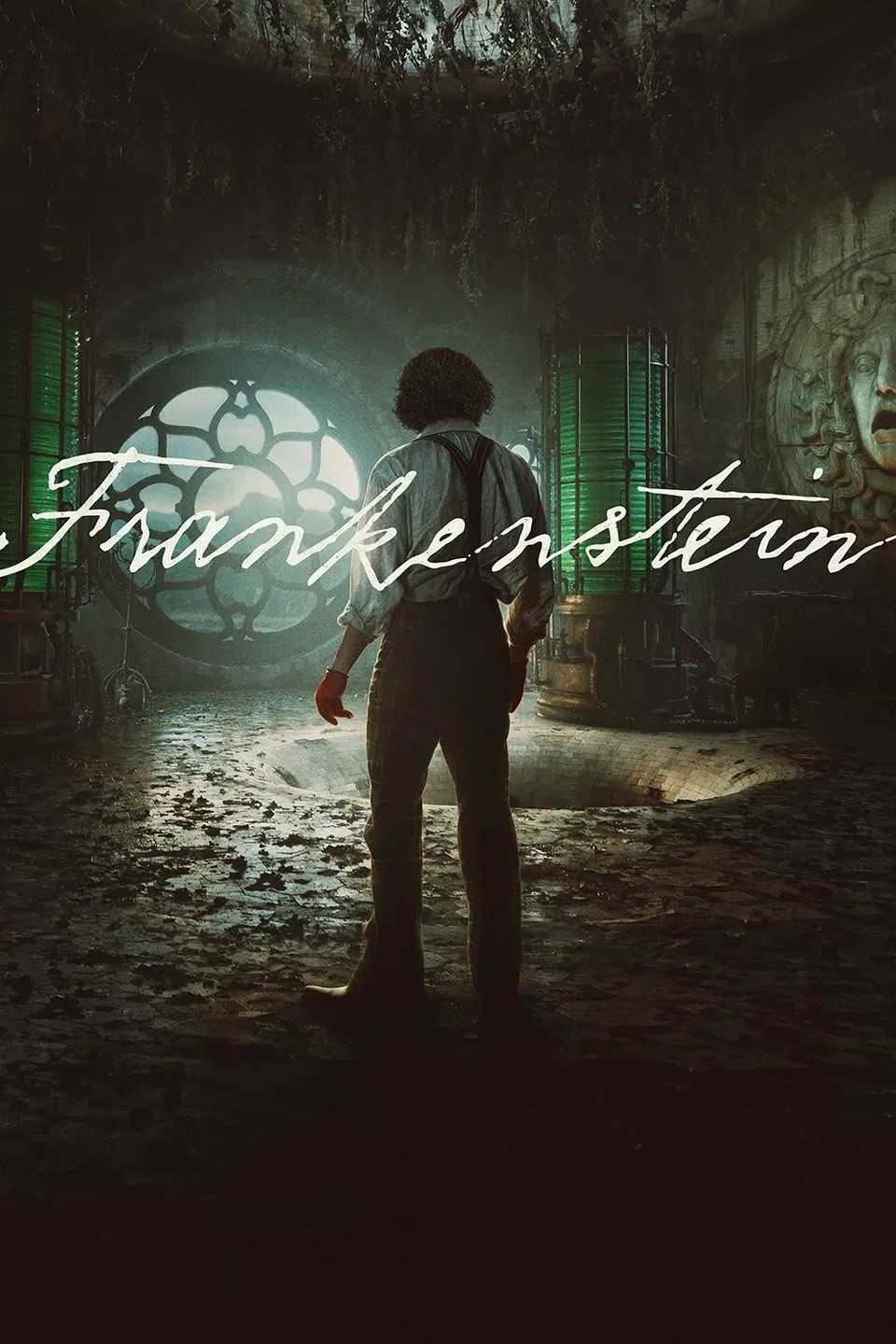Guillermo del Toro’s Frankenstein feels like the epitome of the filmmaker’s visual aesthetic and storytelling impulses, but hopefully, he doesn’t follow in the footsteps of Tim Burton after he experienced something similar with one of his biggest Oscar contenders. As a filmmaker, del Toro usually employs a signature thematic core and sense of atmosphere for his stories.
This consistent visual aesthetic and narrative focus helped make him one of this generation’s most prominent auteurs. Frankenstein is no different, a handsomely produced and emotionally rich take on the classic story. The epitome of his particular style, Frankenstein is great, but now he needs to avoid following the path Burton took after he did something similar with Sweeney Todd.
Frankenstein Is The Most Guillermo Del Toro Movie Ever
One of the things that makes Frankenstein interesting is how it embodies the epitome of Guillermo del Toro’s style, similar to how the Oscar-nominated Sweeney Todd: The Demon Barber felt like the ultimate showcase of Tim Burton as a filmmaker. Frankenstein plays with many of the stories and visual elements that have defined much of Del Toro’s career.
The movie sees a romance blossom between a woman and a “monster,” an archetype that earned del Toro an Academy Award for Best Picture with The Shape of Water. The fusion of period melodrama and Gothic horror is the thematic bedrock for Crimson Peak. The introspective at humanity’s capacity for cruelty and resilience gives Frankenstein thematic connections to Pan’s Labyrinth.
Films like Hellboy and Hellboy II: The Golden Army explored societal prejudice against a noble “other,” similar to how Frankenstein infuses the Creature with a startling depth. Even his modernization of a classic tale has precedent, given his Academy Award-winning Pinocchio uses a familiar story to explore del Toro’s ideals about war, peace, love, life, and death.
Frankenstein has a fascination with the humanity of monsters, a consistent del Toro theme going back to earlier films like Cronos and Blade 2. Even his more singular titles like Pacific Rim or Nightmare Alley share creative DNA with Frankenstein, with a keen interest in the human body and the corrupting effect of humanity’s most destructive traits on it.
Frankenstein feels like every del Toro movie stuffed together, his passions compressed into a film. For fans of his works, it’s a terrific showcase for what has endeared him to cinephiles for decades. It’s solid proof to his critics of how his visual pastiche can adapt and shape a foundational classic to his own unique perspective and filmmaking style.
It feels very reminiscent of when Tim Burton seemed to compress all of his talents and standard signifiers as a filmmaker into the adaptation of Sweeney Todd for the big screen. Both films benefited from the sheer commitment to the filmmaker’s unique tonal and visual focus, transforming a classic story into a very modern movie that could succeed with critics.
What Guillermo Del Toro Needs To Learn From Tim Burton’s Low Period
The worrying prospect, however, is that Burton’s Sweeney Todd came just ahead of a creative low point for the filmmaker. Following Sweeney Todd, Burton moved on to overall weaker films like Alice in Wonderland that turned his aesthetic into a gimmick. While the latter earned a massive box office gross for the filmmaker, it was also critically derided.
This was followed by misfires like Dark Shadows and Big Eyes, which felt like shallow riffs on what had previously worked for the director instead of exciting additions to his filmography. Although Burton has found some success in the years since with films like Frankenweenie and shows like Wednesday, he’s never really quite matched the heights of his earlier works.
I have a lot of confidence in del Toro as a filmmaker, especially because his previous cinematic diversions from his standard approach (like Nightmare Alley and Pacific Rim) have still been overall solid movies. I really like Sweeney Todd, but it was followed by diminishing returns. I hope del Toro avoids having a similar shift in his films after Frankenstein.
Guillermo del Toro’s signature style now has the same kind of cultural ubiquity that Burton does, making it very easy for his future films to rely on his signifiers without expanding on them in interesting ways. One of the harshest criticisms about Frankenstein is how it builds on what came before instead of feeling wholly unique in his canon.
It would be easy for del Toro to fall back on surface-level approaches to his formula, turning his archetypes into tropes. It’s why I’m so excited for del Toro’s next collaboration with Oscar Isaac, Fury. It sounds more in line with Nightmare Alley than anything else he’s done, suggesting that del Toro will continue to push himself in different directions.
Guillermo del Toro has one of Hollywood’s most eclectic mainstream voices, and Frankenstein feels like the ultimate showcase for his talents and consistent aesthetic. Hopefully, though, Frankenstein won’t be like Sweeney Todd and usher in the beginning of the filmmaker’s Tim Burton era.

Frankenstein
- Release Date
-
October 17, 2025
- Runtime
-
149 Minutes
- Director
-
Guillermo del Toro
- Writers
-
Guillermo del Toro, Mary Shelley
This story originally appeared on Screenrant




